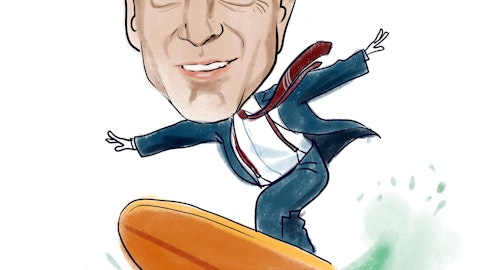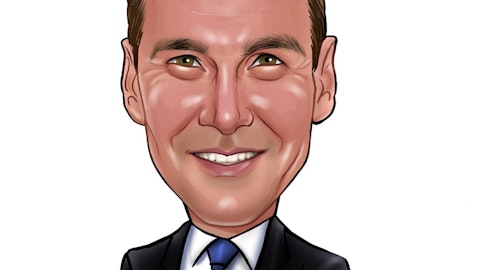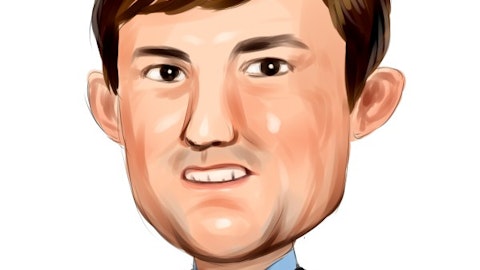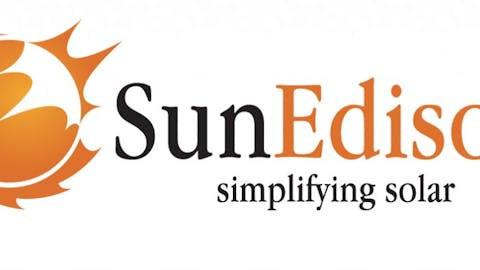Dan Loeb`s Third Point filed its latest 13F with the SEC last week, detailing its long positions at the end of a self-admittedly poor year for the fund. The fourth quarter was particularly harsh, as Third Point’s flagship Offshore Fund dipped 0.3%, compared to the S&P 500’s overall rise of 4.9%. For the year, the Offshore Fund was up 5.7%, which outperformed many hedge funds, but was nonetheless well below the S&P 500’s 13.7% rise. Despite the off year, Loeb’s fund has averaged an annualized return of 17.3% since its December, 1996 inception, compared to a 7.7% annualized rate of growth in the S&P 500.
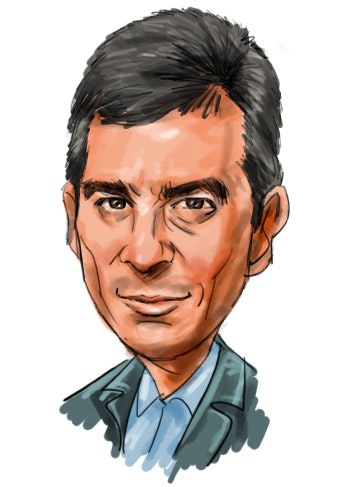
Dan Loeb founded Third Point in 1995, and the New York-based hedge fund has been one of the best performing funds in the world ever since. Third Point has achieved several noteworthy successes in recent years, including a massive 41.7% return from its flagship fund in 2010, and a 21.2% return in 2012 when many hedge funds failed to beat the stock market. He was also successful in ousting former Yahoo! Inc. (NASDAQ:YHOO) CEO Scott Thompson and replacing him with current one Marissa Mayer. Yahoo shares are up 180% since that shakeup.
In Third Point’s 2014 fourth quarter investor letter, Loeb cited some of the reasons for the fund’s struggles, including “poor trading during market volatility and bad judgment in exiting positions for reasons ranging from “overstaying our welcome” to impatience seeing our thesis through in choppy markets.”
The most notable of those was likely Rackspace Hosting, Inc. (NYSE:RAX), which Third Point opened a big position on during the second quarter of 2014 with 7.25 million shares, making it the fund’s seventh largest position at the time, only to close the position by the end of the next quarter, a turbulent one in which Rackspace would dip 3.2%. That would prove unwise, as Rackspace would enjoy a strong fourth quarter, soaring 43.8%, and is up another 6.84% since.
Those are lessons learned that should prove invaluable throughout the coming year, one that looks to be even more turbulent than the last. Already this year, there have been nine “haunted house” scares according to Loeb, which have been:
1) signs of lower growth across the globe despite falling oil prices; 2) the depegging of the Swiss Franc, which caused an overnight 15% move; 3) declining currencies from Japan to Europe putting pressure on US companies’ earnings and competitive position; 4) a disconnect between when the Fed expects to raise rates and what the market is forecasting; 5) the rise of populism and the anti-austerity left in Europe which has underscored how fragile the “union” of this fragmented continent is today; 6) Russian incursions into the Ukraine; 7) chaos in the Middle East; 8) a surprising lack of leadership on the international stage by the United States and an apparent unwillingness to take decisive action to promote democracy abroad; and 9) a seeming decline in government respect for rule of law, shown by numerous executive actions, confiscations of property, and use of various departments — ranging from the IRS to the Treasury — to intimidate citizens and interfere with legal commerce.
In this environment, Third Point intends to focus on companies with sizable cash flows and which have demonstrated steady growth. They will also continue to seek out opportunities to do what they do best: activist investing, particularly in large cap companies which have not yet had to answer to shareholders, and may be severely underperforming as far as shareholder value as a result.
The turbulence hasn’t dried up Third Point’s thirst for some stocks, as characterized by their top pick heading into 2015, Amgen, Inc. (NASDAQ:AMGN). Third Point added 9.35 million shares to their holding, which they opened in the second quarter of 2014, giving them 10.68 million in total. Third Point highlighted Amgen, Inc. (NASDAQ:AMGN) in their third quarter investor letter, citing three areas of investor skepticism that were obscuring the biopharmaceutical company’s hidden value potential.
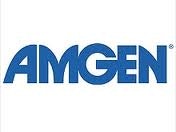
In a letter to investors in October, Loeb detailed some of the ways in which Amgen, Inc. (NASDAQ:AMGN) could increase shareholder value, including a streamlining of its research and development, which had seen disappointing returns on its $30 billion in investment throughout the previous decade, as well as cutting its bloated structure. Loeb even proposed the possibility of splitting the company. Amgen, Inc. (NASDAQ:AMGN) CEO Bob Bradway directly addressed two key concerns (operating margins and capital allocation) at the company’s analyst day in late October, and the stock has enjoyed a strong run throughout the second half of 2014, as detailed by Loeb:
The long-term vision and discipline presented at the Analyst Day combined with several subsequent positive clinical pipeline events helped Amgen return nearly 45% to shareholders in 2014, the best performance of all mega cap US healthcare companies and Amgen’s highest annual return since 1999.
Amgen, Inc. (NASDAQ:AMGN)’s most recent results were impressive, with revenue of $5.33 billion, and some of the benefits of those cost reductions already being seen in the greatly improved $2.16 adjusted earnings per share.
Third Point’s second biggest position was in Alibaba Group Holding Ltd (NYSE:BABA), which was also one of their most successful positions during 2014, with the stock finishing the year up 10.7% from its record-setting IPO. Third Point added an additional 2.8 million shares to their holding in the Chinese e-commerce giant during the fourth quarter, a 38% increase to an even 10 million shares.
A strong 2014 gave way to disappointing results announced in late January however, which have sent shares plummeting by 14.33% year-to-date. Despite a record-setting Singles Day in November, during which the company recorded $9 billion in sales, Alibaba Group Holding Ltd (NYSE:BABA)’s revenue growth of 40% failed to meet analysts expectations of 47% growth, while margins also slipped as mobile sales with lower margins increased (and are expected to continue increasing, as mobile penetration in China is still quite low compared to Western countries).
This will doubtlessly be one of Third Point’s tests in 2015, as they decide what to do with their second-most valuable holding. Another quarter of lower-than-anticipated growth could prove catastrophic for the stock. On the other hand, the decreased price could be the perfect time to build an even greater stake in the limitless potential of Alibaba, as recommended by Alan Haft, who sees the stock as being a wise long-term investment.
Dow Chemical Co (NYSE:DOW) remains one of Third Point’s top picks, as it has since they first took a position in it during the fourth quarter of 2013, with 7.73 million shares. They built that to 22 million shares by the middle of 2014, making it their largest holding at the time, and began pressuring the company to make changes, including selling chemicals on the open market. The two sides avoided a proxy fight in late November when they reached an agreement to have four independent directors added to Dow’s Board of Directors.
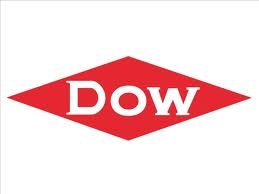
One of the largest chemicals companies in the world, Dow Chemical Co (NYSE:DOW) primarily supplies goods like polystyrene, polyurethane, polyethylene, polypropylene, and synthetic rubber to other companies, rather than end-users. One of its most notable consumer products is Styrofoam, which are an expanded form of polystyrene foam. The material is commonly used to make disposable food containers like plates and cups, while also being used as insulation.
Dow Chemical Co (NYSE:DOW) was a strong performer throughout much of 2014, before suffering through a poor fourth quarter that was partially responsible for Third Point’s own underperformance, as well as its slide from representing 13.24% of their portfolio to just 9.05%, though the value of Third Point’s equity portfolio did also increase during the quarter to $11.09 billion from $8.71 billion.
Dow Chemical Co (NYSE:DOW) has rebounded strongly in 2015 thanks to an earnings beat in late January that showed strong growth in despite a weakened U.S dollar, and soaring margins in the company’s agricultural sciences business. Dow looks to be making a bigger move into that sector with the early February purchase of Coodetec’s seed business, which will help it expand its Dow AgroSciences’ segment in Brazil.
Disclosure: None
